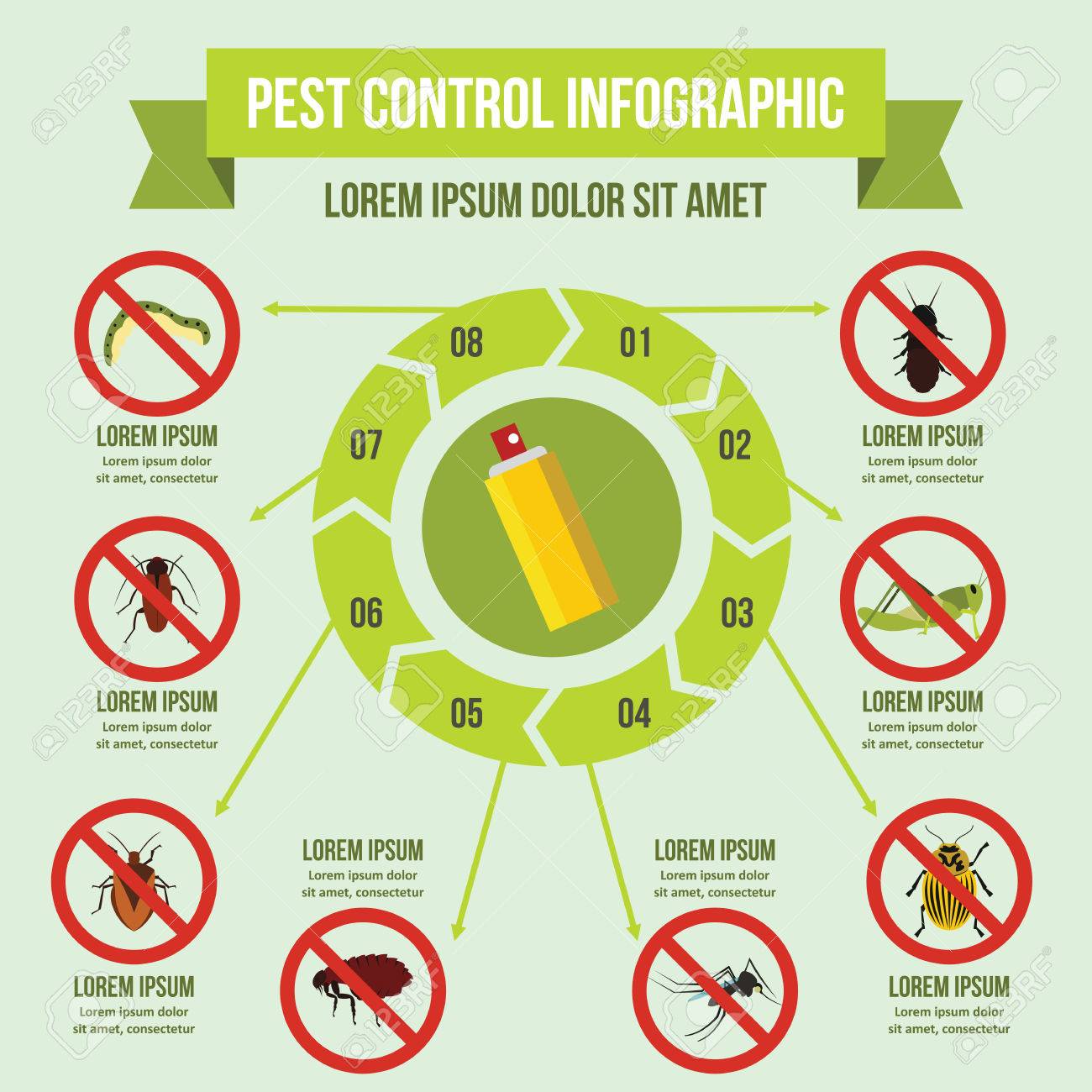Gaining Knowledge On Just How Rodents Act Is Essential For Effectively Regulating Parasite Problems. Professionals Offer Useful Understandings On This Matter
Gaining Knowledge On Just How Rodents Act Is Essential For Effectively Regulating Parasite Problems. Professionals Offer Useful Understandings On This Matter
Blog Article
Post Author-Craig Albrektsen
Envision being able to expect the steps of your challengers in a video game of chess, constantly staying one step in advance.
In the world of parasite control, comprehending rodent habits resembles having that strategic advantage. By getting expert understandings into the nesting habits, feeding patterns, and interaction and social behavior of rats, you can efficiently fight these pesky animals.
However just how specifically do rodents behave, and why is it crucial to know? In this discussion, we will certainly unwind the enigmas of rodent habits, providing you with important understanding that will certainly help you remain in advance in the battle versus insects.
Are you prepared to discover the keys of these cunning creatures?
Nesting Behaviors
To recognize rodent habits and efficiently control pests, it's important to get insight into their nesting routines.
Rodents, such as mice and rats, have an all-natural instinct to locate shelter and develop nests where they really feel safe and protected. These nests work as their homes, reproducing grounds, and storage space locations for food. Recognizing their nesting practices can help you identify prospective areas of problem and apply targeted control procedures.
Rodents usually like nesting in dark, remote rooms, such as attics, cellars, crawl spaces, and wall surface voids. They utilize materials like shredded paper, textile, insulation, and even chewed-up electrical wires to construct their nests.
Feeding Patterns
Rodents exhibit distinct feeding patterns that play a crucial duty in their actions and can educate efficient insect control strategies. Comprehending these patterns is necessary for implementing effective parasite control procedures.
Rodents are opportunistic feeders, meaning they'll take in whatever food is easily offered. They like high-calorie foods such as grains, nuts, and seeds. This is why appropriate storage space of food and waste monitoring are important in protecting against rodent infestations.
Additionally, rats are nocturnal, which indicates they're most energetic throughout the evening when they search for food. By knowing their feeding patterns, you can strategically position catches and lures to optimize their effectiveness.
Keeping food resources inaccessible and preserving a tidy environment can help deter rats and lessen the threat of infestation.
Communication and Social Habits
Understanding just how rats communicate and connect socially is vital for effective parasite control methods. Rodents, like computer mice and rats, have complicated interaction systems that they use to share information to every various other and coordinate their tasks. Below are three vital elements of rodent communication and social habits:
1. cockroach fumigation cost : Rodents create a large range of singing noises, consisting of squeaks, chirps, and chattering, to interact with each other. These vocalizations can share various messages, such as threat warnings or mating calls.
2. Scent noting: Rats make use of scent glands to leave chemical signals on items and in their environment. These scent marks serve as territorial borders and connect information regarding reproductive condition, dominance, and social affiliation.
3. Social hierarchy: Rats have an ordered social structure, with dominant individuals having access to resources and favored nesting websites. Understanding this power structure is necessary for targeting pest control initiatives and recognizing vital people for elimination.
Conclusion
So, there you have it - a quick look into the remarkable world of rodent habits. By understanding their nesting behaviors, feeding patterns, and communication, we can better deal with the issue of bug control.
Did you understand that a women computer mouse can generate approximately 10 litters per year, with each trash containing around 5-6 pups? pop over here of prompt and reliable pest administration to prevent rodent populations from spiraling unmanageable.
